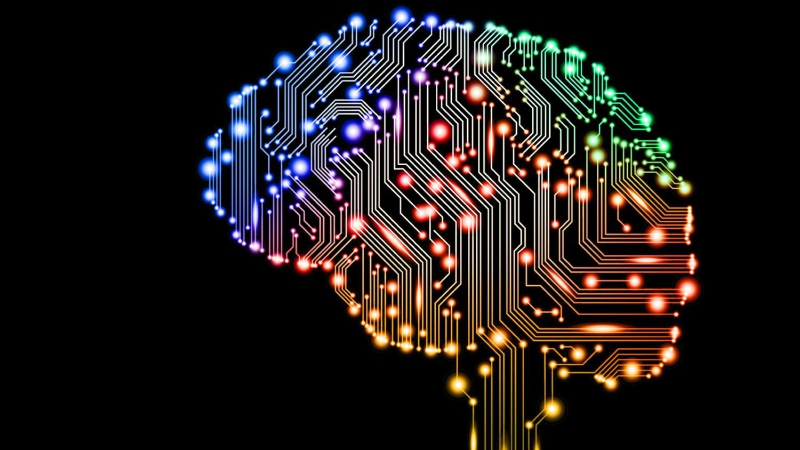Dead Relatives Will Be Alive Soon – Scientists to Make Robot Replicas Soon

According to a report by Sputnik News, Swedish scientists are working on making robot replicas of deceased relatives. The scientists are currently in the research stage and are looking for volunteers who would give them the permission to replicate the images of their late relatives.
The starting aim is making the artificial intelligence program answer basic questions by reconstructing the voices of those relatives. The program will be further evolved to answer questions of everyday life. Scientists believe that the program could even be one day advanced enough to resemble responsive human clones. Many are comparing this to the clones depicted in the Netflix sci-fi series Black Mirror.
The scientists further believe the technology could be evolved to the stage of not just digital resemblance, but to be “fully conscious copies” of deceased relatives. Even though at present, the concept seems to be right out of a science-fiction series, with the advancement in technology, the same concept could become a reality soon.
This idea of digital immortality is not new. Theoretical physicist and futurist Dr. Michio Kaku have spoken of making ourselves immortal through technology, by transferring our mind into a machine. The machine, or avatar, would contain our memories, our “personality quirks”, saved forever; making our digital footprints immortal. This will then allow our loved ones to interact with these avatars as if they were interacting with us.
Billionaire entrepreneur Elon Musk has co-founded Neuralink. The company, still in its initial stages, is a brain-computer interface venture and seeks to create devices to be placed in the human brain. The devices will work to help humans merge with software and keep up with technological advancements.
Not all scientists stand on the side of developing advanced artificial intelligence though. Elon Musk himself has consistently warned to be cautious of artificial intelligence. He once stated that artificial intelligence is “our biggest existential threat”.
Professor Stephen Hawking thinks along similar lines. In an interview to the BBC, he stated: “The development of full artificial intelligence could spell the end of the human race.” Despite admitting himself that artificial intelligence could be highly valuable, he also thinks the associated risks should be kept in mind.
Most scientists, however, are less pessimistic about the future of artificial intelligence.





